Ukraine fired 300 artillery shells into Russia's Belgorod province in 24 hours, Germany refused to supply long-range missiles to Ukraine, Chinese Foreign Minister visited Australia and New Zealand, ceasefire in Gaza will be achieved before the end of Ramadan... are some of the world's outstanding news in the past 24 hours.
 |
| Houthi supporters brandish weapons and shout slogans in Yemen's capital Sanaa on March 8, 2024 in support of the Palestinians (Source: Mohammed Huwais/AFP) |
The World & Vietnam Newspaper highlights some of the day's international news highlights.
Russia – Ukraine
*Ukraine will not survive long with the new US aid package: The New York Times commented that the new US aid package worth 300 million USD will not help Ukraine and Kiev will continue to lose its position.
"This amount is far from enough to meet Ukraine's combat needs and such a move will not be enough to offset the ammunition shortage," the newspaper quoted White House National Security Adviser Jake Sullivan as saying.
Earlier, the White House announced a new and first military assistance package for Ukraine since late 2023 worth about $300 million. The package will include artillery shells and GMLRS missiles for the HIMARS multiple launch rocket system. (Sputnik)
*Former President Medvedev proposed recognizing Ukraine's territory as part of Russia: Deputy Chairman of the Russian Security Council Dmitry Medvedev announced on March 14 that after Ukraine admitted defeat and established an interim parliament, Kiev should recognize that its territory will become part of Russia.
Earlier the same day, Mr. Medvedev announced "Russia's peace formula" for the situation in Ukraine, including 7 points, including Kiev admitting defeat and establishing an interim parliament on Ukrainian territory.
According to Mr. Medvedev, the United Nations must admit that Ukraine will also lose its international legal status and any of its legitimate successors cannot join the military alliance without Russia's consent, and assert that Kiev must also compensate Moscow. (Sputniknews)
*Ukraine fires 300 shellings at Belgorod region in 24 hours: Governor of Russia's Belgorod region Vyacheslav Gladkov said on March 14 that over the past 24 hours, the region has suffered more than 300 shellings by the Armed Forces of Ukraine (VSU), affecting the city of Belgorod and 16 districts of the region. This is a new record, significantly exceeding the previous average number of daily attacks.
The shelling injured 13 people and killed one. In addition, more than 100 buildings, cars, including buses, as well as power lines and communications infrastructure were damaged.
In another development on the same day, the Russian Defense Ministry said that the country's air defense systems destroyed and intercepted 14 unmanned aerial vehicles (UAVs) in the early morning of March 14 in the Belgorod and Kursk provinces. Of these, 11 UAVs were shot down in the Belgorod province and 3 UAVs in the Kursk province. On the afternoon of March 13, the risk of a UAV attack was declared in the Voronezh and Kursk provinces for about 1 hour. (TASS)
Asia-Pacific
*South Korea does not recognize North Korea as a nuclear state: The South Korean Foreign Ministry on March 14 reaffirmed its stance of not recognizing North Korea as a nuclear state.
Seoul made the comments in response to Russian President Vladimir Putin's remarks that North Korea has its own "nuclear umbrella" and has not asked for Russia's help. "There is no change in the government's stance of not recognizing North Korea as a nuclear state," a South Korean foreign ministry official told reporters. "South Korea will seek diplomatic efforts to denuclearize North Korea through close cooperation with the United States and the international community. " (Yonhap)
*China is harsh with the US over the TikTok case, declaring that it will take "all necessary measures" to protect its interests: The Chinese Ministry of Commerce criticized the US House of Representatives' passing of a bill forcing TikTok to cut ties with its parent company ByteDance in China, or it will be banned in this country.
Responding to a press conference on the afternoon of March 14, a representative of the Chinese Ministry of Commerce stated: "The US should truly respect the principles of market economy and fair competition (and) stop unfairly suppressing foreign companies. China will take all necessary measures to resolutely protect its legitimate rights and interests."
On the same day, Chinese Foreign Ministry spokesman Wang Wenbin affirmed: "The bill passed by the US House of Representatives puts the country on the opposite side of the principles of fair competition and international economic and trade rules." (AFP)
*Indonesia, Japan promote defense cooperation : Speaking to the press after meeting with Mr. Masaki Yasushi, Japanese Ambassador to Indonesia on March 14, Defense Minister Prabowo - who is about to become President of Indonesia - affirmed his desire to promote defense cooperation with Japan in the coming time. Mr. Prabowo emphasized: "Japan is a strategic partner of Indonesia. We are committed to continuing to strengthen bilateral relations." According to him, both countries should promote joint exercises as well as technology transfer cooperation.
In 2021, Indonesia and Japan signed an agreement to transfer defense equipment and technology. In 2023, Indonesia hosted the joint exercise Super Garuda Shield, which brought together military personnel from the Indo-Pacific region, including Japan. (Straits Times)
*Chinese Foreign Minister visits Australia, New Zealand: On March 14, Chinese Foreign Ministry spokesman Wang Wenbin said that Chinese Foreign Minister Wang Yi will visit Australia and New Zealand from March 17-21.
Speaking at a regular press conference, Mr. Uong Van Binh said that 2024 marks the 10th anniversary of the strategic partnership between China and Australia, and will also launch high-level exchanges between China and the two countries.
Mr. Uong added that Foreign Minister Wang Yi will discuss bilateral relations and common concerns with the foreign ministers of Australia and New Zealand on international and regional issues. (Reuters)
Europe
*German Chancellor determined not to provide long-range missiles to Ukraine: Speaking before the Federal Parliament on March 13, German Chancellor Olaf Scholz announced that Germany would not equip Ukraine with Taurus long-range missiles, affirming that "this is a weapon that is difficult to control the target, and cannot be used without the deployment of the German army". The German leader also rejected the idea that he did not trust Ukraine and affirmed that Germany had provided more weapons to Ukraine than any other European country.
The chancellor's stance has been met with fierce criticism from the conservative opposition bloc the Christian Democratic Union/Christian Social Union (CDU/CSU). His other coalition partners, namely the Greens and the Free Democrats (FDP), also support sending weapons.
The air-launched Taurus missile has a range of about 500 kilometers (310 miles) and would allow Ukraine to hit targets behind front lines. (DW)
*Pope condemns 'madness of war' again after fiery Ukraine remarks: Pope Francis on March 13 issued a fresh condemnation of all war, days after upsetting Kiev and the West by appearing to suggest that Ukraine should surrender and negotiate peace with Russia.
“Many young people have died (in war). Let us ask the Lord to give us the grace to overcome this madness of war, which is always a failure,” the Pope said, without specifically mentioning Ukraine or any other conflict zone.
Earlier, Pope Francis told Swiss television station RSI that Ukraine should "show the courage to raise the white flag" and open negotiations with Russia, a controversial statement. (AFP)
*Poland replaces ambassadors in more than 50 countries : The Polish Foreign Ministry said in a statement on March 13 that Foreign Minister Radoslaw Sikorski had decided to recall ambassadors in more than 50 countries and withdraw dozens of candidates put forward by the previous government in Warsaw.
The recall procedure was later approved by Prime Minister Donald Tusk. The ministry said the changes would help address the challenges facing Poland's foreign policy "in a better and more professional way." The ministry also expressed hope that the country's key institutions would work together to address the issue.
President Duda clashed with the newly elected pro-EU prime minister and Tusk's government earlier this year when Duda vowed not to pass any bills proposed by Tusk's cabinet. Tusk is set to take office in late 2023 after his predecessor Mateusz Morawiecki lost a confidence vote in the Polish parliament. (Reuters)
*Two NATO members leave open the possibility of sending troops to Ukraine: Estonian Prime Minister Kaja Kallas on March 13 refused to give assurances to parliament that she would not send the Baltic country's ground forces to support Kiev.
Only Estonia and Lithuania have shown interest in the idea of sending troops to Ukraine, after French President Emmanuel Macron controversially said in late February that all options must be considered to prevent Russia from winning.
Estonia joined NATO in 2004, along with Lithuania, Latvia, Bulgaria, Romania, Slovakia and Slovenia. Estonia has about 4,200 active-duty troops, a force that could theoretically be expanded to a wartime army of 43,000. (
Middle East-Africa
*Israeli leaders disagree on Palestine's role: At a closed-door meeting on the war in the Gaza Strip, Israeli Prime Minister Benjamin Netanyahu and Defense Minister Yoav Gallant argued over the role of the Palestinian Authority (PA).
Israel's Channel 12 television reported that at the meeting, in response to the opinion that the humanitarian situation in Gaza had been "very urgent in recent days", Mr. Gallant emphasized: "The problem is not bringing in aid, but who will distribute it... It must be the PA". Prime Minister Netanyahu responded: "I don't want to mention the PA". Minister Gallant replied: "No matter what name you call them, they are still Fatah people".
The Israeli cabinet met behind closed doors to prepare for an amphibious assault on the Gaza Strip city of Rafah, despite concerns about a humanitarian crisis involving millions. What role the PA will play in Gaza after the war is also a matter of contention. (Al Jazeera)
* Gaza ceasefire agreement may be reached before the end of Ramadan: On March 13, Qatari Foreign Ministry spokesman Majed al-Ansari said that Israel and the Hamas Islamist movement will reach a ceasefire agreement before the end of Ramadan on April 9.
Qatar, along with the United States and Egypt, is currently mediating talks between Israel and Hamas. The statement came a day after al-Ansari said the parties were not close to an agreement and had not yet agreed on a way to resolve the current disagreement over the implementation of the agreement. All parties involved are continuing negotiations in the hope of reaching a ceasefire during the holy month of Ramadan.
Hamas and Israel are blaming each other for the deadlock in the talks. Hamas says Israel has failed to meet its demands for an end to the conflict and a withdrawal from Gaza, while Israel accuses Hamas of trying to escalate the conflict in the region during the holy month of Ramadan. (Al Jazeera)
*Palestine accuses Israel of killing 6 people waiting for food aid: Reuters quoted Gaza health officials as saying that on March 13, Israeli soldiers opened fire, killing 6 people and wounding dozens of others as they waited for food aid trucks in Gaza City. Israeli military officials have not commented on the incident.
Earlier, Palestinian health authorities said that on February 29, Israel shot dead more than 100 Palestinians as they waited for food aid in Gaza City. Meanwhile, Israel said the victims died in a stampede. (Reuters)
America-Latin America
*Venezuela arrests 2 men for threatening to assassinate the President: Venezuela has just arrested 2 men for threatening to assassinate President Nicolás Maduro while he was in the city of Maturín in the western state of Monagas.
Venezuelan Justice Minister Tarek William Saab said on March 13 that Whillfer José Piña Azuaje and Renzo Estibenz Flores, both members of the opposition force La Causa Radical, were arrested on March 11 after posting threats on social media against President Nicolás Maduro.
According to Mr. Saab, authorities have seized the subjects' phones and there is evidence that these threats are related to an anti-state plot.
Venezuela's Justice Minister said that since the end of 2023, the country has foiled five plots to assassinate the President. (AFP)
*Brazil and Argentina apply “open skies” policy: On March 13, the Brazilian government announced that it had reached an agreement with Argentina to apply an “open skies” policy, allowing airlines of the two countries to fly over each other’s territory without limiting the number of flights.
The Brazilian Foreign Ministry said the decision allows all cargo and passenger flights between the two countries to fly over each other's territory without restrictions. Previously, this number was limited to 170 flights/week.
“This measure will give companies more flexibility in planning their operations,” the Brazilian Foreign Ministry stressed, and will allow “to increase the supply of services and expand competition on routes connecting Brazil with Argentina.” (Reuters)
*Cuba accuses the US of funding mercenaries: Cuban media simultaneously reported that the National Endowment for Democracy (NED) and the US Agency for International Development (USAID) have transferred money to new mercenaries to fight against Cuba.
Cubadebate - Cuba's most widely read digital publication - on March 12 accused the Miami-based International Institute for Race, Equality and Human Rights of receiving US funding through NED and USAID to facilitate anti-Cuban activists to travel to Europe to meet with officials and lawmakers, forcing them to listen to complaints, demands and anti-La Habana agendas.
Cubadebate cites numerous “advocacy tours” to Europe, during which anti-Cuban activists met with representatives of the United Nations (UN), Switzerland, and the EU to “collect recommendations for the universal periodic review of human rights that the Cuban Revolution duly presents to the UN Human Rights Council.” (AP)
Source


![[Photo] Ministry of Defense sees off relief forces to the airport to Myanmar for mission](https://vstatic.vietnam.vn/vietnam/resource/IMAGE/2025/3/30/245629fab9d644fd909ecd67f1749123)





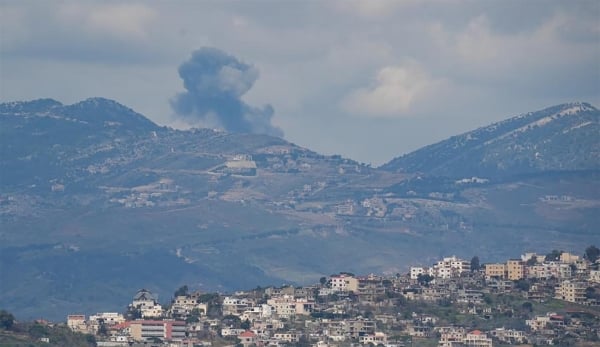


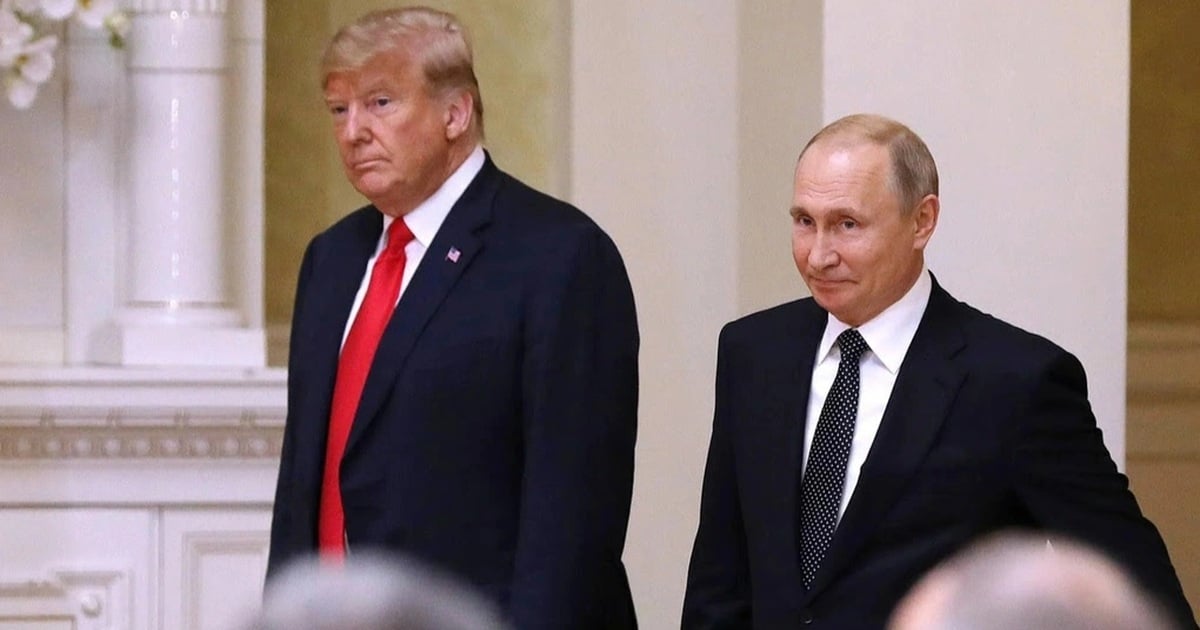

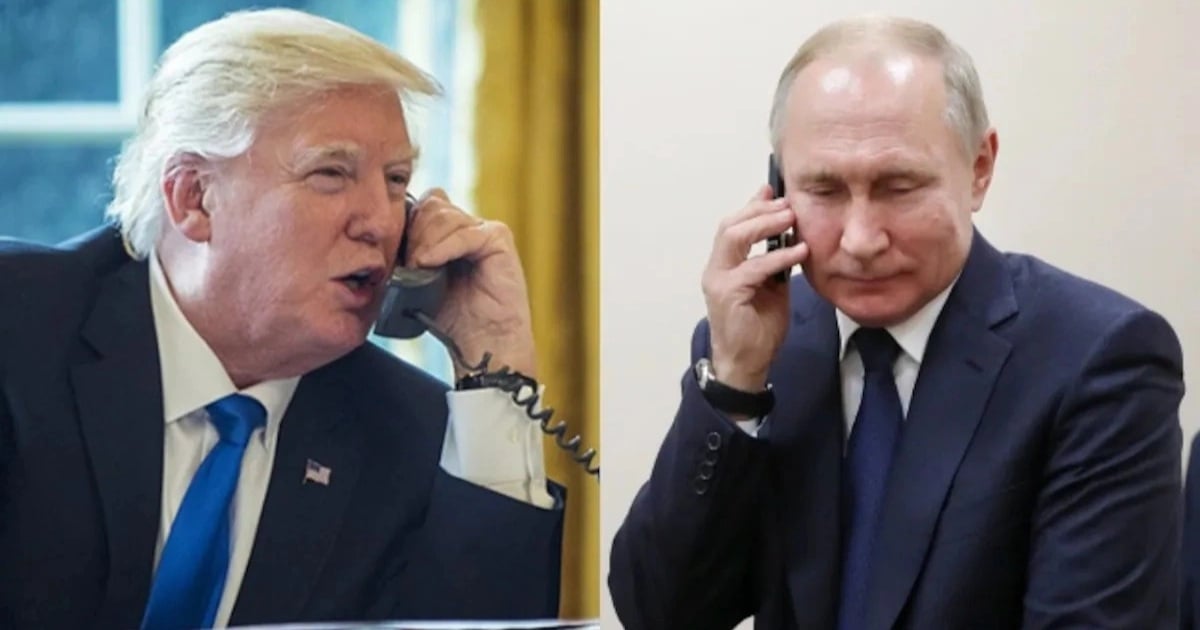
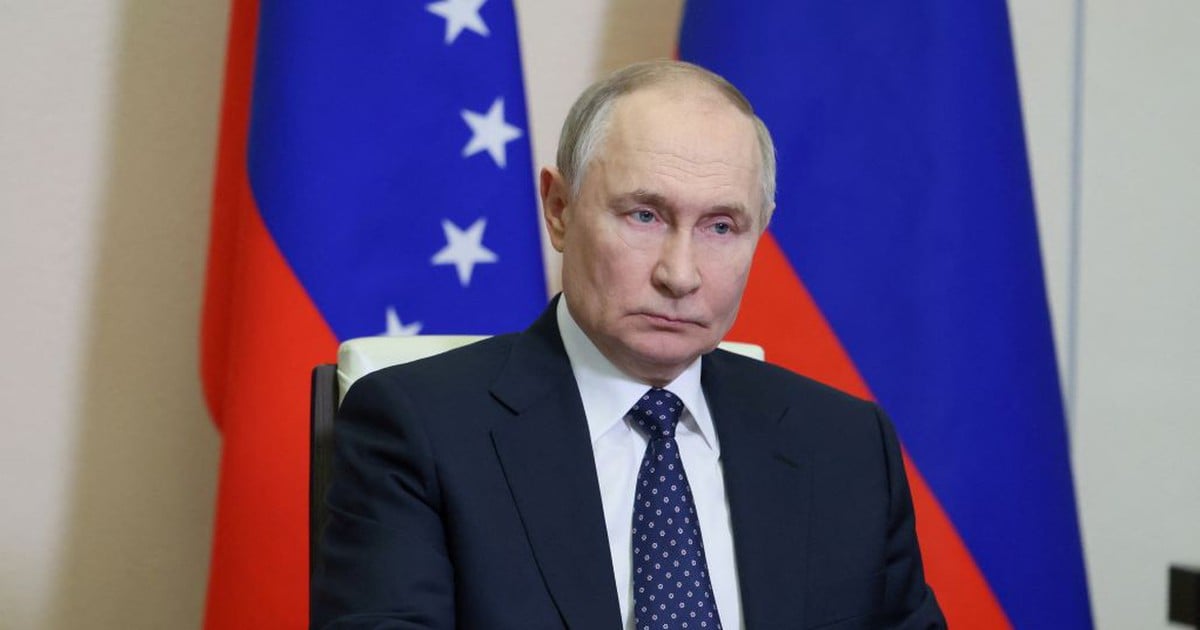





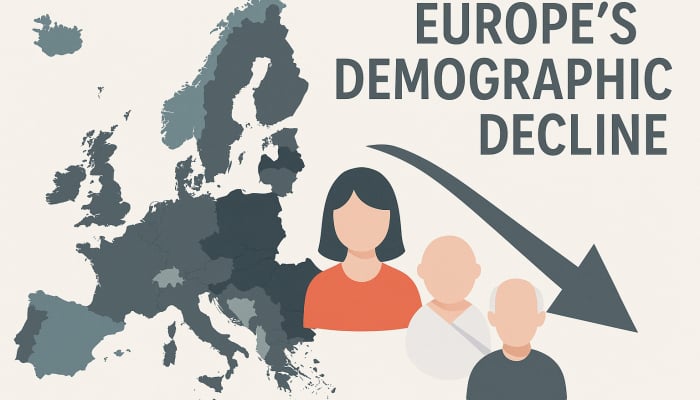






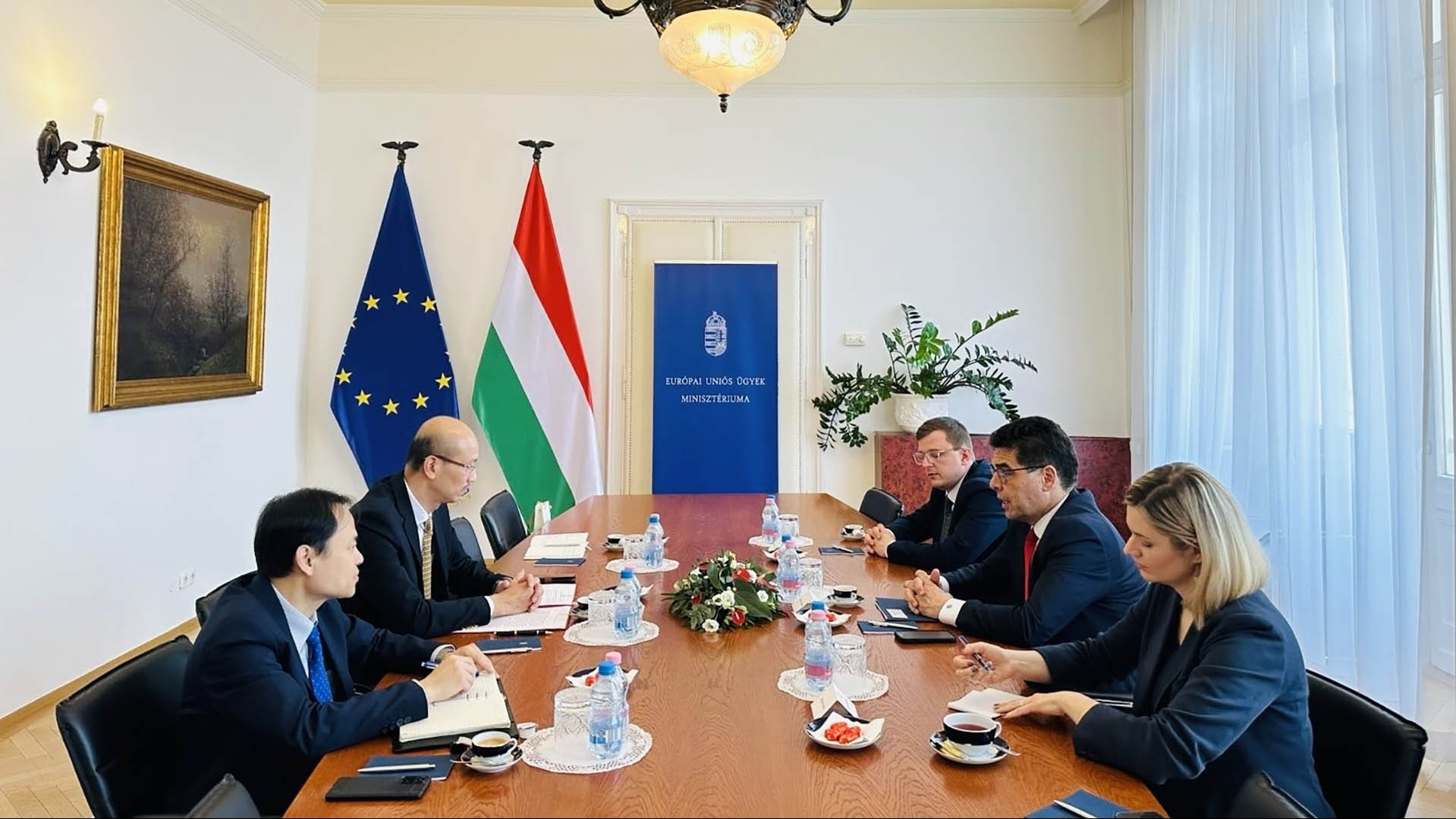
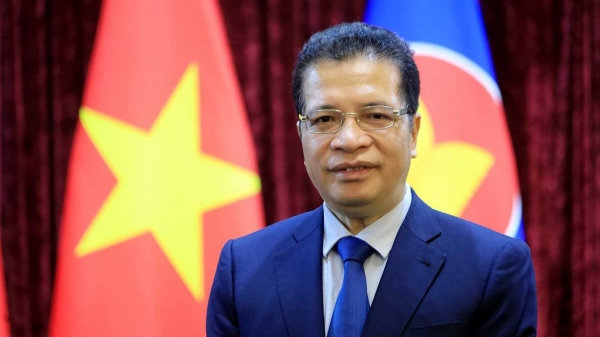
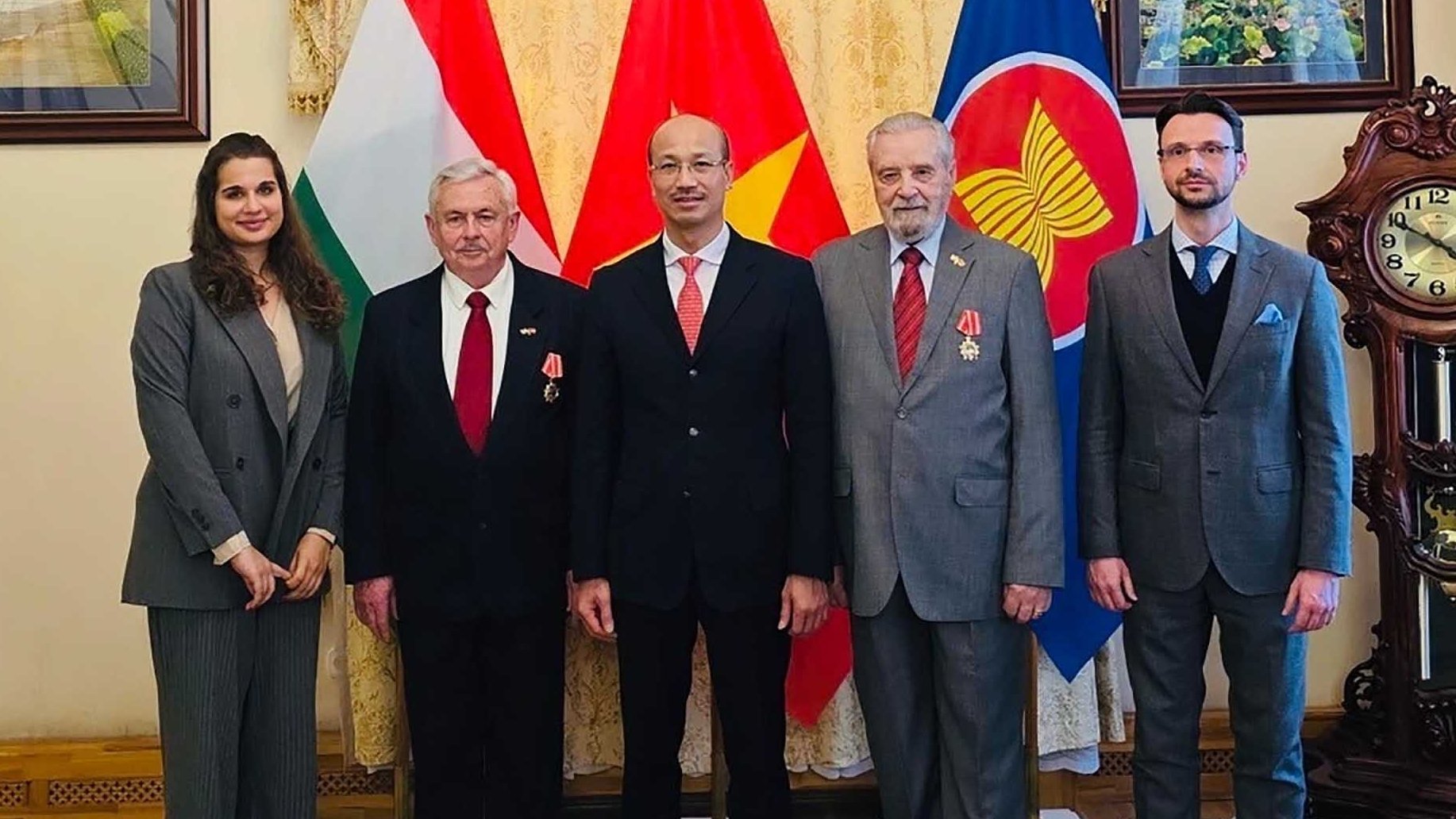

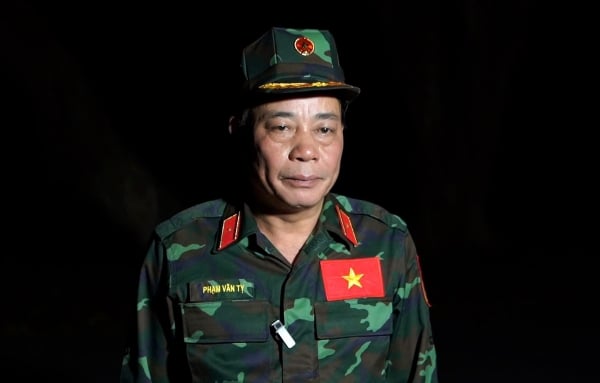

![[Photo] Prime Minister Pham Minh Chinh chairs meeting to remove difficulties for projects](https://vstatic.vietnam.vn/vietnam/resource/IMAGE/2025/3/30/7d354a396d4e4699adc2ccc0d44fbd4f)


































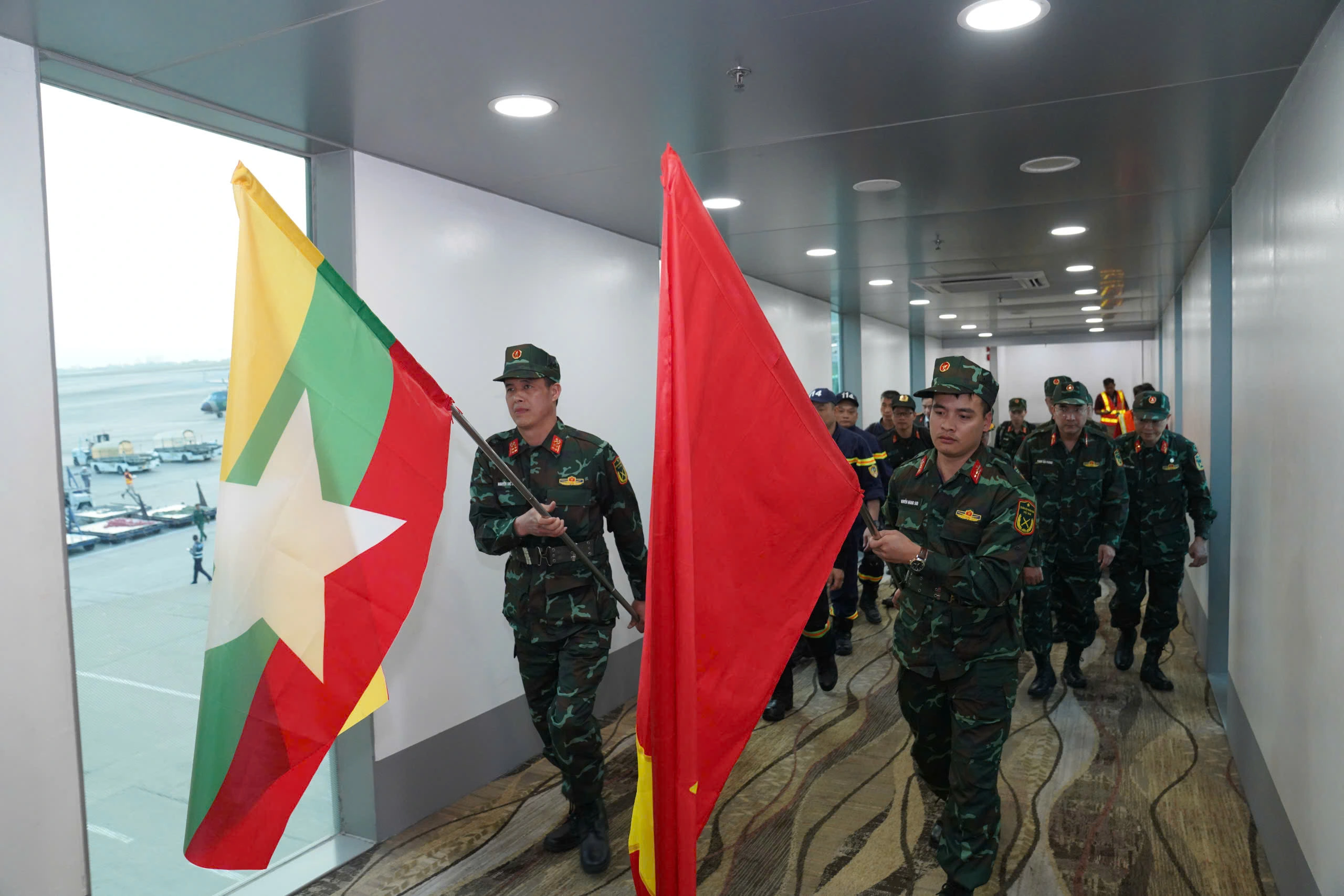



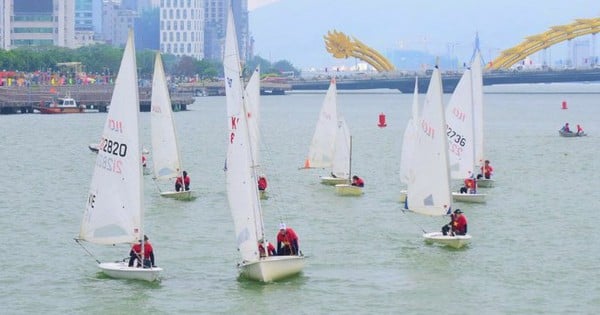







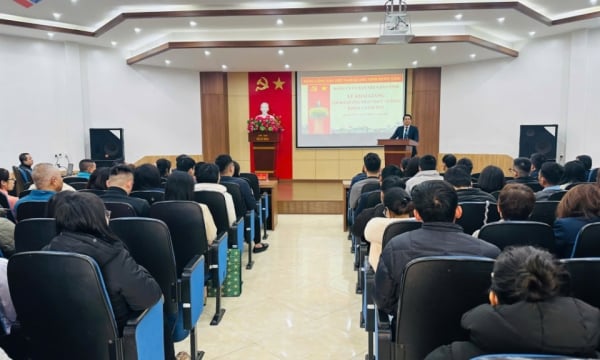
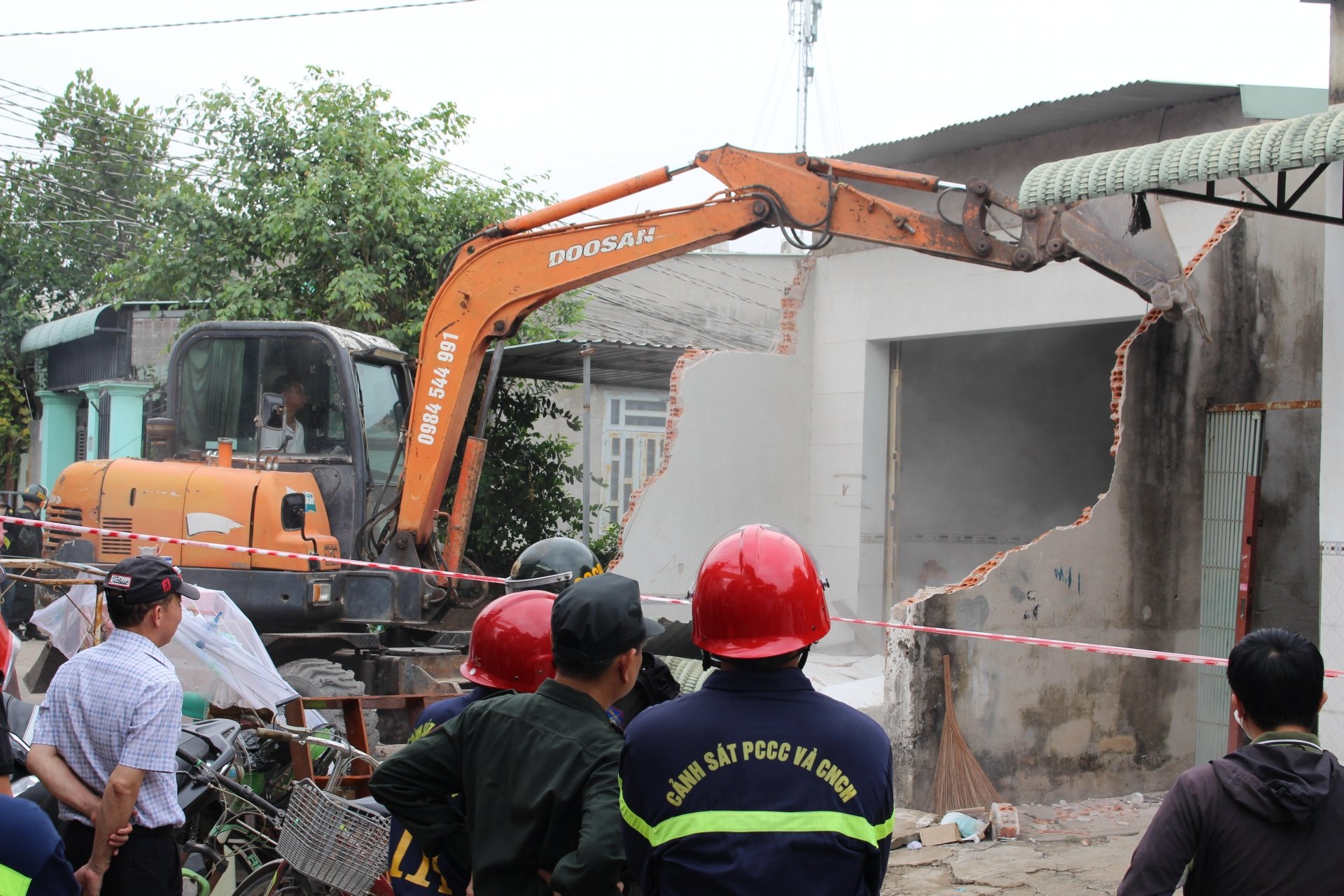

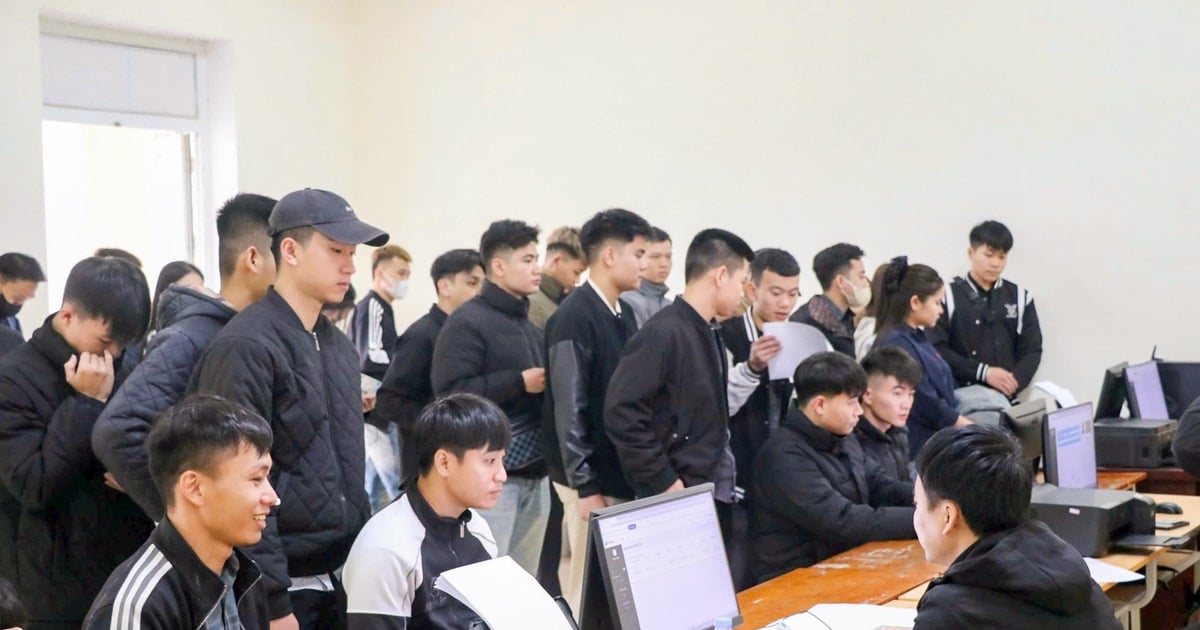











![[REVIEW OCOP] An Lanh Huong Vet Yen Cat](https://vstatic.vietnam.vn/vietnam/resource/IMAGE/2025/3/27/c25032328e9a47be9991d5be7c0cad8c)



Comment (0)